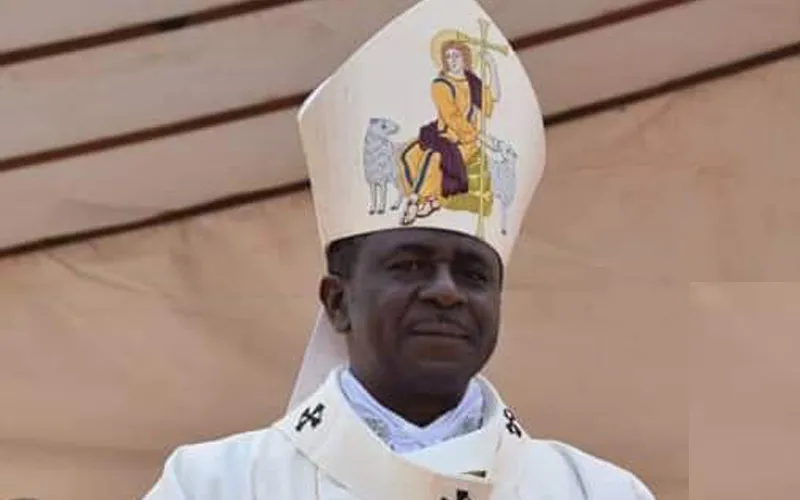Since then, the violent conflict has led to the displacement of over 800,000 people. More than 600,000 children have not been able to go to school in the two regions, and at least 3,000 lives have been lost during the four-year skirmishes.
On January 31, Vatican’s Secretary of State, Pietro Cardinal Parolin who was on a weeklong visit to Cameroon assured the people of God in the Central African country of Pope Francis’ solidarity amid the protracted Anglophone crisis.
“The Holy Father carries you in his heart and assures you of his closeness and prayers,” the Italian-born Cardinal who had arrived in Cameroon on January 28 told the close to 5,000 Christians gathered at St. Joseph’s Cathedral of Bamenda Archdiocese.
Cardinal Parolin added, “The Holy Father unites himself to the desire for peace and reconciliation that rises up to God from this precious land.”
Hopes for a resumption of the peace talks heightened with the 2020 alleged taking of the imprisoned self-declared leader of the Ambazonians, Sisiku Julius AyukTabe, to the headquarters of the Catholic Bishops conference to meet with top leaders and discuss the possibility of a ceasefire.
However, not much has happened since then as the imprisoned separatists “have set certain conditions: they want the military to return to the barracks, for all political prisoners to be released and for the government to declare the end of the war,” Archbishop Nkea says in the April 13 report.
Since the demands of the separatists “are not easy to grant,” the Local Ordinary of Bamenda Archdiocese says referencing the peace talks, “things go very slowly.”
It is not just the demands of the armed groups that have slowed down the peace talks, but also “the divisions that exist among the separatists (making) everything even more difficult,” he says.
“It is difficult to move forward, to establish a genuine dialogue because every time there are contradicting messages from the secessionists,” the 55-year-old Archbishop says in the report published by Agenzia Fides, the information service of Propaganda Fide.
He adds, “In this situation we bent down to pray, in the hope of being able to speak with the 'Boys' (the various groups of separatists) so that they form a single front and can dialogue with the government, which is united.”








